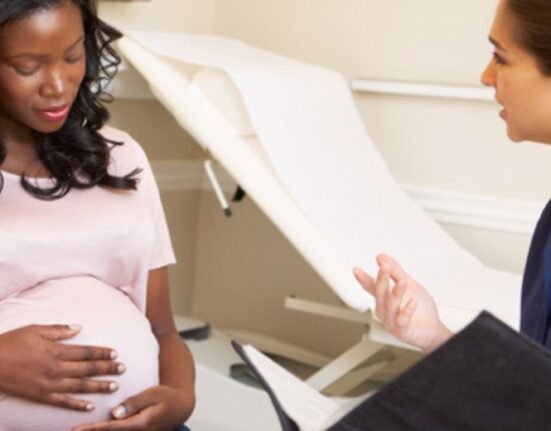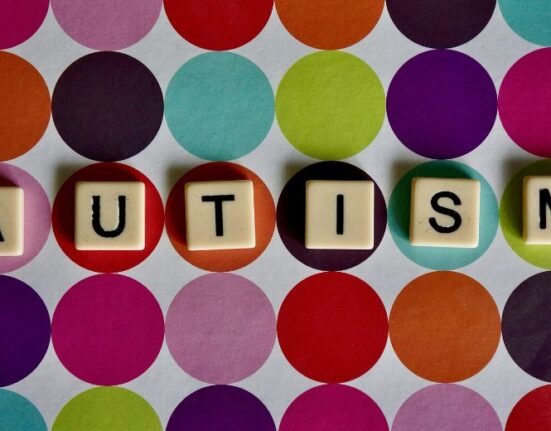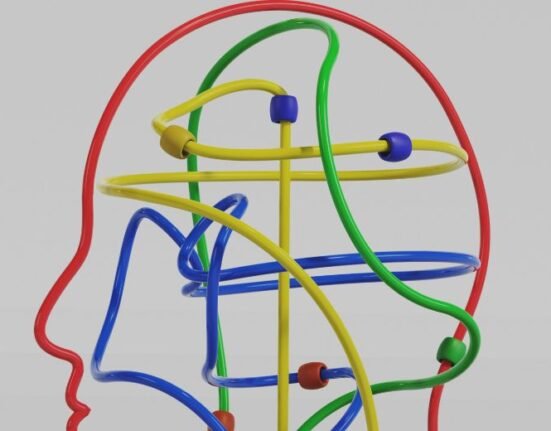HQ Team
May 31, 2025: Autism and Parkinson’s disease share underlying biological mechanisms, and people with an autism diagnosis are four times more likely to develop the neurological disorder.
Researchers at Sweden’s Karolinska Institutet concluded a study based on registry data from over two million people born in Sweden between 1974 and 1999, who were followed from the age of 20 up to the end of 2022.
The study explored a possible connection between the neuropsychiatric diagnosis in Autism Spectrum Disorder (ASD) — which affects an individual’s thought processes, behaviour and interpersonal communication — and early-onset of Parkinson’s disease, which affects locomotion and movement.
People with an autism diagnosis were four times more likely to develop Parkinson’s disease than people without such a diagnosis, the results showed, according to an Institutet statement.
‘Shared biological drivers’
The correlation remained when socioeconomic status, a genetic predisposition for mental illness or Parkinson’s disease and other such factors were taken into consideration.
“This indicates that there can be shared biological drivers behind ASD and Parkinson’s disease,” says the study’s first author Weiyao Yin, researcher at the Department of Medical Epidemiology and Biostatistics, Karolinska Institutet.
“One hypothesis is that the brain’s dopamine system is affected in both cases, since the neurotransmitter dopamine plays an important part in social behaviour and motion control.”
Dopamine-producing neurons are degraded in Parkinson’s disease. Previous studies have also shown that dopamine is possibly implicated in autism, but more research needs to be done to confirm this.
Antidepressants
“We hope that our results will eventually help to bring greater clarity to the underlying causes of both Autism Spectrum Disorder and Parkinson’s disease,” said Dr Yin.
Depression and the use of antidepressants are common in people with autism, as are antipsychotic drugs, which are known for being able to cause symptoms similar to Parkinson’s.
When the researchers adjusted for these factors, the correlation between ASD and the later development of Parkinson’s disease was less noticeable, but the risk was still double.
The researchers analysed only the early onset of Parkinson’s disease before the age of 50, and the average age of participants by the end of the study was 34. The incidence of Parkinson’s disease was therefore very low.
Before 50, a rarity
Future studies will need to examine if the elevated risk persists into older age, they said.
“The healthcare services need to keep people with ASD – a vulnerable group with high co-morbidity and a high use of psychotropics – under long-term observation,” says the study’s last author Sven Sandin, statistician and epidemiologist at the Department of Medical Epidemiology and Biostatistics, Karolinska Institutet.
“At the same time, it’s important to remember that a Parkinson’s diagnosis before the age of 50 is very rare, including for people with autism.”








